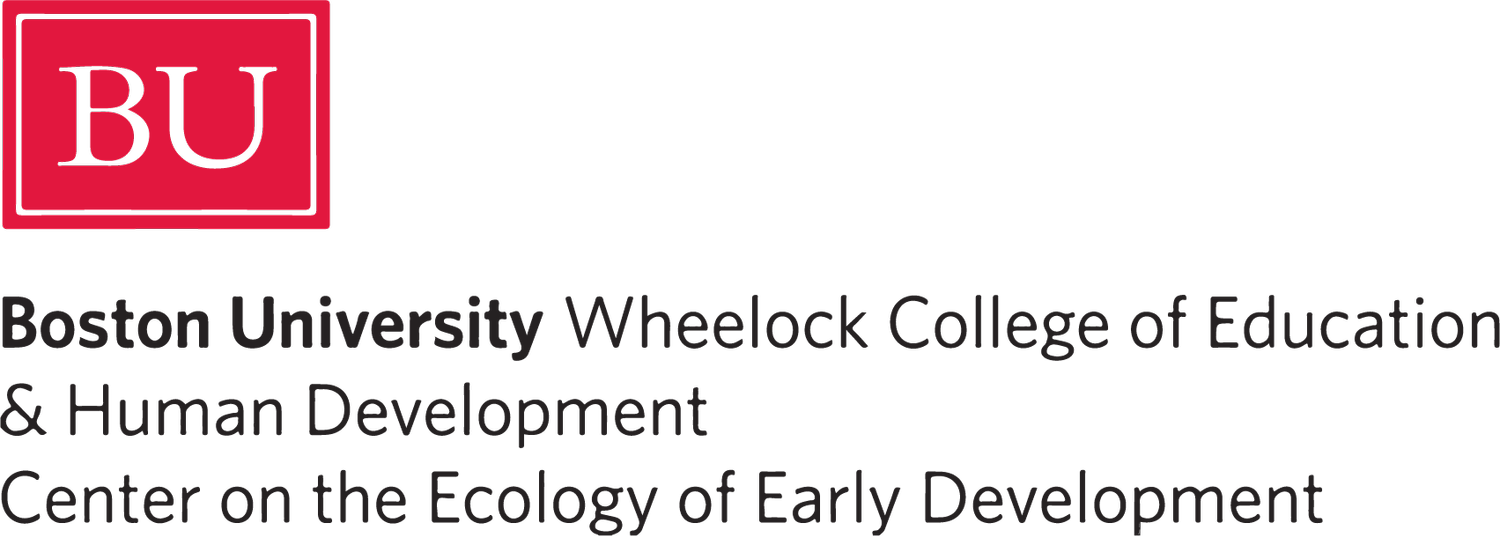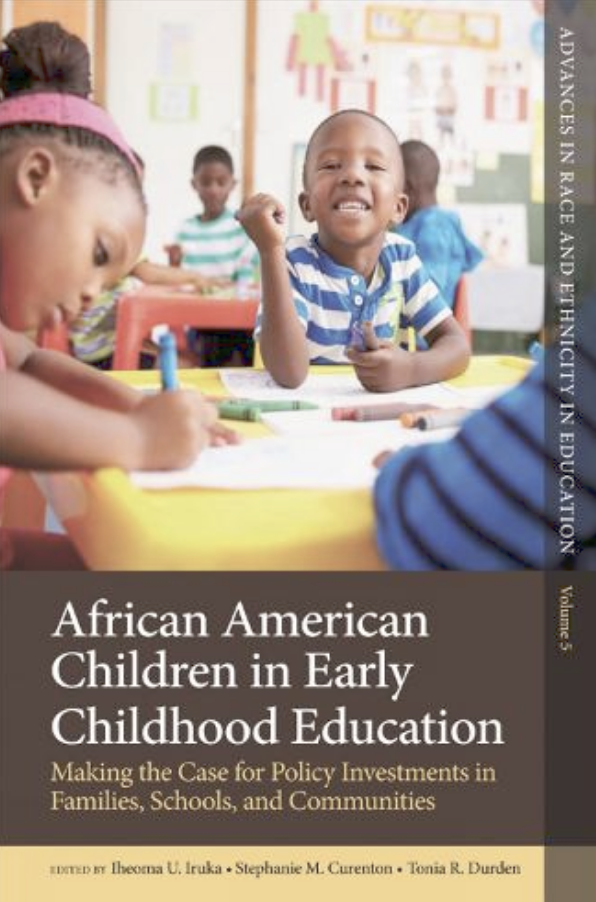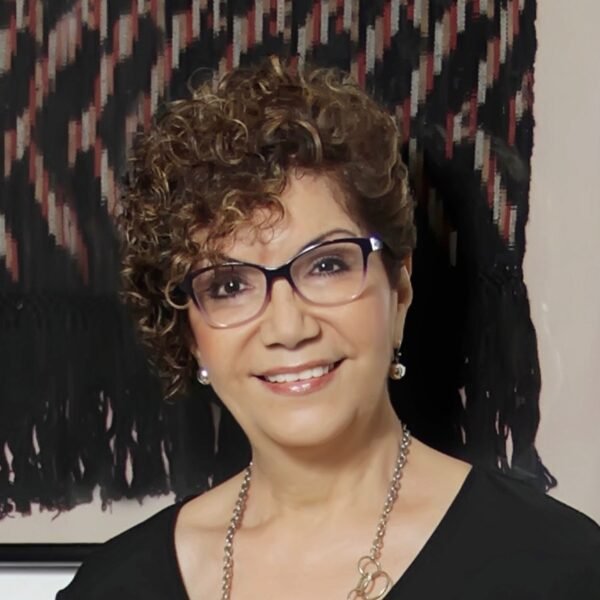
Our Work
Our research and initiatives serve to inform policies that promote equity and justice for racially and ethnically minoritized children in the contexts of education, health, and community.
Book Lists
Rationale:
In tangent to our 2020 book list, “Racially Affirming Books for Black Children,” CEED has curated the CEED 2021 book list, “Racially Affirming Books for Asian American Pacific Islander (AAPI) Children and Families” to promote literacy and racial identity in the AAPI community.
Our goal is to increase awareness of children’s books that feature AAPI children as main characters who show a wide range of emotions, ideas, and identities, and who are learning about how their stories connect with others.
Rationale:
In sequence to our “Racially Affirming Books for Black Children” 2020 book list, CEED presents the 2021 edition “African American Vernacular English Books for Black Children and Families.” We believe that Black children should be represented in their full humanity including in their literacy and language experiences.
Our goal is to increase awareness of the plethora of children’s books with AAVE usage that simultaneously elevate Black voices and illustrate stories of protagonists of color who are active agents in the fight towards justice.
Rationale:
As a group of scholars dedicated to promoting the thriving and well-being of Black children, inspiring children to read is important to us because, for centuries, Americans of African descent were denied their global human right to literacy.
We believe that literacy is as empowering as freedom itself, and our goal is to provide Black families with literacy resources that will cultivate a love of reading, provide different perspectives from which to view the world, and expand children’s imaginations about what is possible.
Books and Edited Volumes
-
Iruka, I. U., Curenton, S. M., & Eke, W. A. I. (2014). The CRAF–E4 Family Engagement Model: Building practitioners’ competence to work with diverse families. Boston, MA: Elsevier/Academic Press.
-
Curenton, S. M., & Iruka, I. (2013). Cultural competence in early childhood education. San Diego, CA: Bridgepoint Education.
-
Curenton, S. M. (Ed.). (2010). Narratives as learning tools to promote school readiness (Special issue). Early Education and Development, 21.
-
Iruka, I., Curenton, S., Escayg, K., & Durden, T. (2020). Don’t Look Away: Embracing Anti-Bias Classrooms. Gryphon House.
-
Iruka, I. U., Curenton, S. M., & Durden, T. (2016). African American children in early childhood education: Making the case for policy investments in families, schools, and communities. In C. W. Lewis & J. L. Moore III (Series Eds.), Advances in race and ethnicity in education. Manuscript in progress.
-
Curenton, S. M. (2016). The conversation compass: A teacher’s guide to high quality language. St. Paul, MN: RedLeaf Press.
Peer-Reviewed Publications
“I would like to see a truly integrated education system with ethnically and racially diverse teachers who are skilled and knowledgeable about the education needs and strengths of Black children. We have a long way to go in order to achieve this.”
Reports:
CEED 2020-2022 Biennial Report
Advocacy that Builds Parents’ Power Report
RISER Network 2020-2022 Biennial Report
The Next Generation of Head Start
JEDI Audit Tool Report
Speaker Series
We value collaboration and partnership in our work at CEED. For this reason, we invite fellow researchers to present their work to us. See below for those individuals who we have learned from.
Who’s Afraid of the Big Banned Book?
Dr. Laura Jimenez
Associate Dean, Equity, Diversity & Inclusion Senior Lecturer
Racial Identity in a Racialized Nation
Dr. Michael Medina
Assistant Professor
Loving Blackness is Soul Work: Cultivating a Justice-Oriented Stance and Praxis
Dr. Davena Jackson
Assistant Professor
The STEM Divide: How Media and Technology Can Facilitate Access for Children and Educators
Dr. Nermeen Dashoush
Clinical Assistant Professor
Equity and quality in early education: A children’s language rights perspective
Dr. Dina Castro
Director, Institute For Early Childhood Well-Being






















